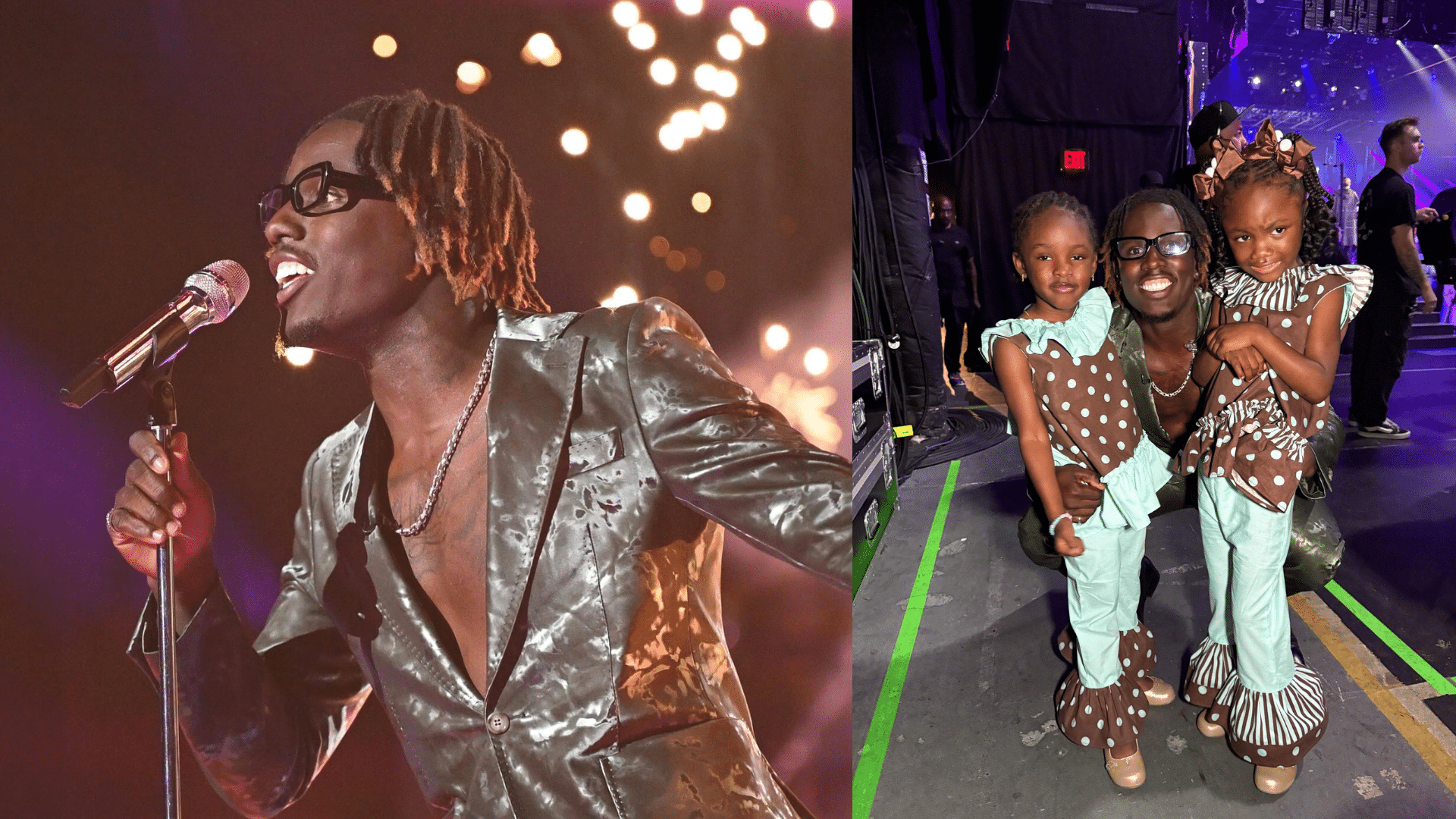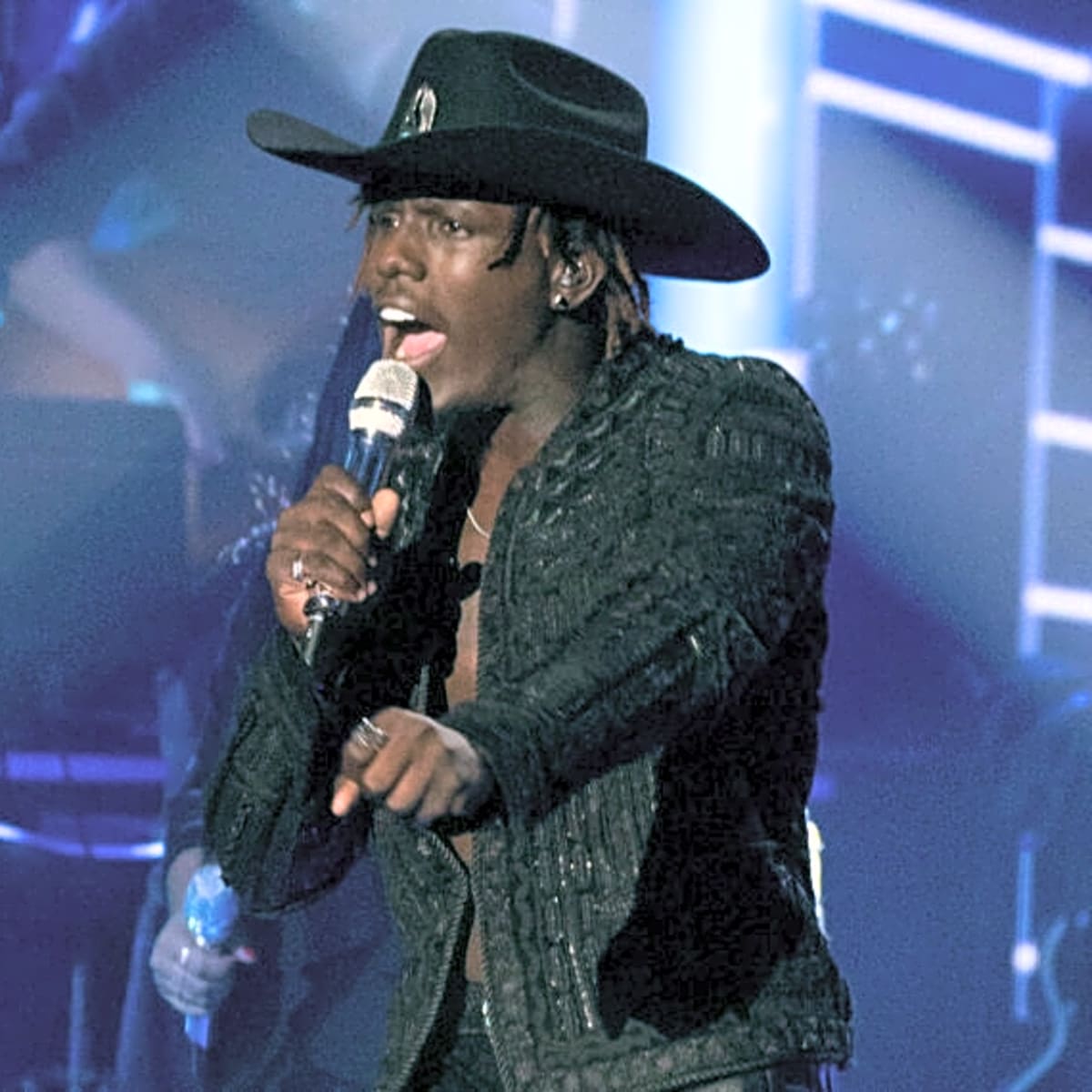
🎤 Jamal Roberts Delivers a Once-in-a-Generation Performance on American Idol
On a night filled with talent, glitz, and anticipation, one performance stood far above the rest—not just in vocal ability, but in emotional resonance. Jamal Roberts, a name that will now forever be etched into American Idol history, delivered what many are already calling one of the most unforgettable, soul-stirring renditions the show has ever witnessed.
As the house lights dimmed and a gentle spotlight framed him center stage, Jamal stood alone—no elaborate production, no backup dancers, no distractions. Just a microphone, a man, and a song. And then, silence. He took a single, steadying breath, and with that exhale began his performance of Tom Odell’s haunting ballad, “Heal.” From the very first note, it was clear that this would be more than a performance—it would be a moment.
Jamal’s voice didn’t just sing the lyrics. It lived them. Every note carried weight, every tremble held meaning. His vocals danced between fragile vulnerability and soaring power, capturing something raw and profoundly human. When he whispered, it was as if he was speaking directly to every wounded heart in the room. When he belted, it wasn’t for show—it was catharsis, release. He wasn’t just interpreting a song—he was bleeding emotion into every syllable.
The audience was spellbound. Not a single cough, shuffle, or murmur broke the stillness of the auditorium. Even the judges, known for their expressive critiques and passionate reactions, were frozen in awe. Carrie Underwood—herself a product of the Idol stage—sat stunned, her hand clutching her chest, visibly shaken by the emotional gravity of the performance. Lionel Richie, eyes misted, quietly uttered, “That was divine.” And it truly was.
Then came the final note—soft, lingering, a breath of both surrender and strength. And for a brief second afterward, there was only silence. A sacred kind of silence, the kind reserved for witnessing something real and rare. Then, like a wave breaking free, the audience rose in unison to deliver a standing ovation that seemed less like applause and more like collective gratitude.

But what set this moment apart wasn’t just technical excellence or even emotional depth. It was truth. In an age of autotune, manufactured drama, and spectacle, Jamal reminded us that music—at its core—is about connection. It’s about taking personal pain and transforming it into something universal. It’s about reminding people that they are not alone.
For Jamal Roberts, this wasn’t just a competition. It was a revelation. A quiet young man stepped onto a stage—and left as a voice for anyone who’s ever struggled to heal, to hope, to believe again. The judges may have the power to critique, the audience the power to vote—but in that moment, Jamal held all the power. He didn’t just sing a song. He moved hearts. He created a memory. He showed us why music matters.
And as the applause faded, one thing became clear: this wasn’t the end of his journey. It was just the beginning.
